
The first satellite of the Balearic Islands will be launched into space in the last quarter of 2025, marking a technological milestone in the archipelago’s history. Manufactured and operated by the company Open Cosmos, led by Mallorcan Rafel Jordà, this satellite aims to provide technological solutions to the environmental and tourism management challenges the region faces.
This ambitious project is partially funded by European funds managed by the Balearic Government and involves partnerships with Wireless DNA S.L., the University of the Balearic Islands (UIB), and Garden Hotels, with the support of the Mallorca Hotel Business Federation (FEHM).
Jordà, CEO and founder of Open Cosmos, had already stressed the importance of this step in an interview with Mallorca Global Mag in its winter 2023-2024 edition. In that interview, Jordà noted that the Balearic Islands needed to “commit to launching satellites into space” to access data on “water resources, coastal monitoring, spill detection, deforestation, wildfire response, flood impact…” He also pointed out that “having this information is crucial for the technological competitiveness of the islands.” As a Mallorcan, he added, “I would love to bring data processing and analysis capabilities here.” You can read the full interview at this link.
A satellite for the environment and tourism
The satellite will gather key data on the Balearic territory to monitor and mitigate the effects of climate change. According to Open Cosmos, the data will be used to improve natural resource management, plan more effective responses to emergencies, and enhance sustainability in strategic sectors like tourism.
The images and analyses provided by the satellite will help tackle increasingly frequent phenomena, such as floods and wildfires, and will offer tools for efficient land and infrastructure management. Additionally, it aims to contribute to more sustainable tourism planning, helping to control overcrowding in various parts of the islands during the high season, a challenge discussed in this report on tourist saturation in the winter 2024-2025 edition of Mallorca Global Mag.
A commitment to sustainability and innovation
During the satellite’s presentation at the new Open Cosmos offices in Palma, located in the Balearic Technological Innovation Park (ParcBit), Rafel Jordà expressed his pride in leading the development of the Balearic Islands’ first satellite: “Measuring the effects of climate change and human activity on our islands is key to preserving the paradise we live in. This project places the Balearic Islands on the international space sector map and strengthens the commitment to sustainability and innovation that defines this community.”
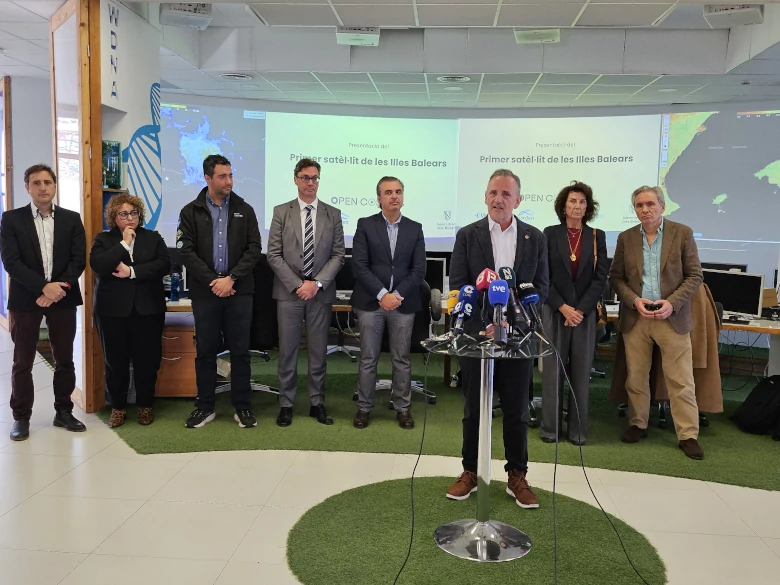
Presentation of the first satellite of the Balearic Islands at Open Cosmos’ ParcBit offices in Palma. Photo: CAIB.
Antoni Costa, Vice-President of the Balearic Government, emphasised the project’s importance for the archipelago’s future, stating that “this satellite is much more than a technological advancement; it strengthens our position as leaders in the transition to a more sustainable tourism model.”
Meanwhile, UIB Rector Jaume Carot highlighted that “research and technological development are essential to tackling climate change. This project will transform how we manage resources and plan the region’s future.”
The involvement of children from Balearic schools in naming the satellite symbolises the project’s inclusive and educational approach, connecting the community to an initiative that will boost the Balearic Islands’ leadership in sustainability and innovation on a global scale, Open Cosmos noted.

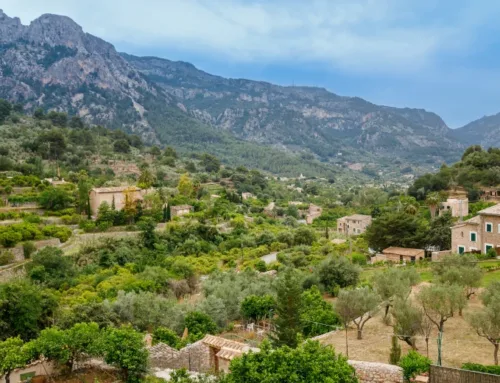
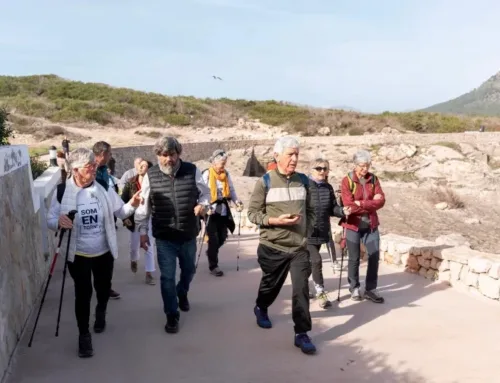
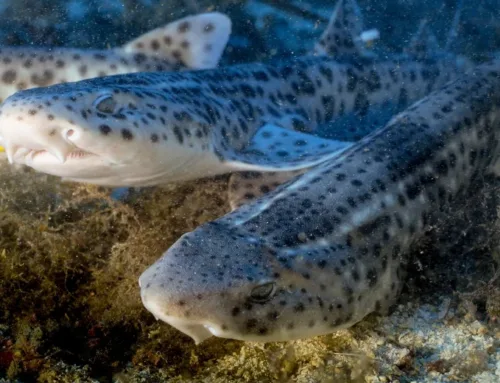

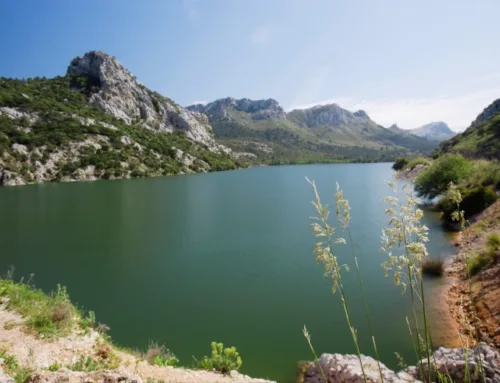

Leave A Comment